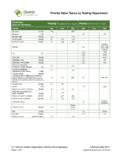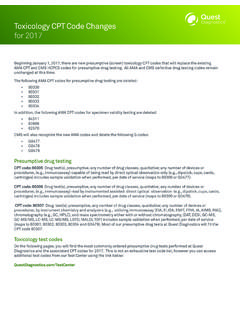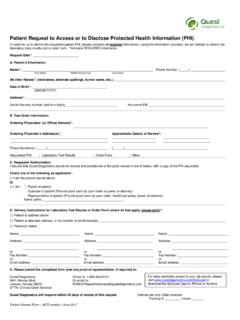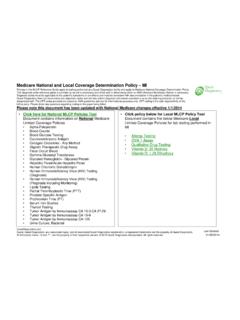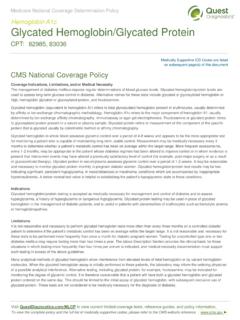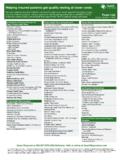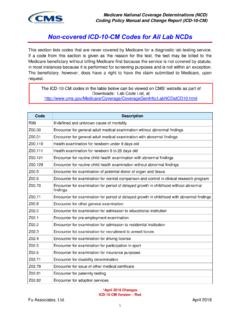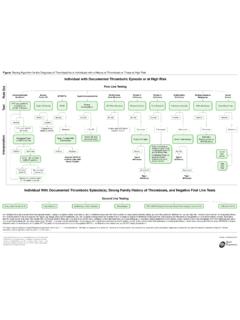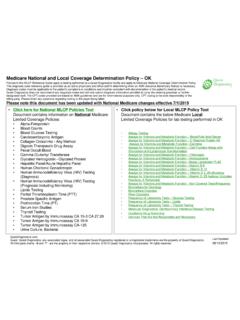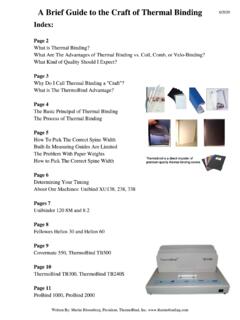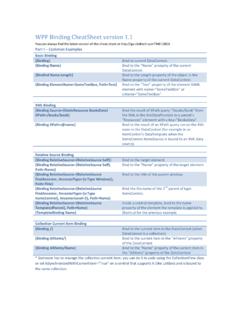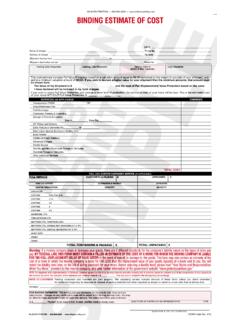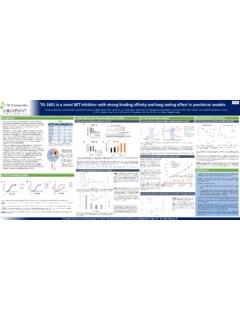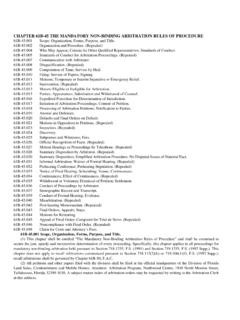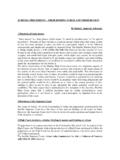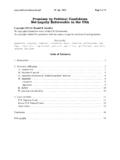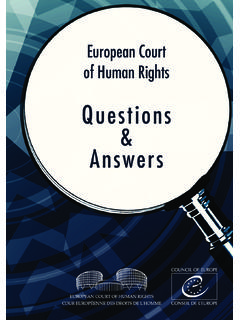Transcription of TBII (Thyrotropin-binding Inhibitory Immunoglobulin)
1 Alphabetical Test Section165 Clinical Use Diagnose and manage Graves disease, neonatal hypothyroidism, and postpartum thyroid dysfunctionReference RangeInterpretive Information Graves disease Atrophic thyroiditis Postpartum autoimmune thyroid disease Neonatal Graves disease Transient neonatal hypothyroidismClinical BackgroundAutoimmune thyroid diseases are associated with thyroid autoantibodies, including several types directed against the TSH receptor. TSH receptor autoantibodies may be stimulatory, mimicking the actions of TSH, as in Graves disease. Alternatively, they may inhibit TSH binding and block the action of endogenous TSH. Such blocking autoantibodies produce transient neonatal hypothyroidism and chronic atrophic thyroiditis. TBII, which measures the ability of antibodies to inhibit TSH binding to its receptor, reflects the presence of either or both the stimulatory and Inhibitory immunoglobulin Radioreceptor assay Analytical sensitivity: 2% inhibitionSpecimen Requirements1 mL refrigerated mL minimumNo additive red top preferredSST red top acceptableAdults and children: <16% inhibitionGraves disease: 16% - 100% inhibitionTBII (Thyrotropin-binding5738 XInhibitory Immunoglobulin)
